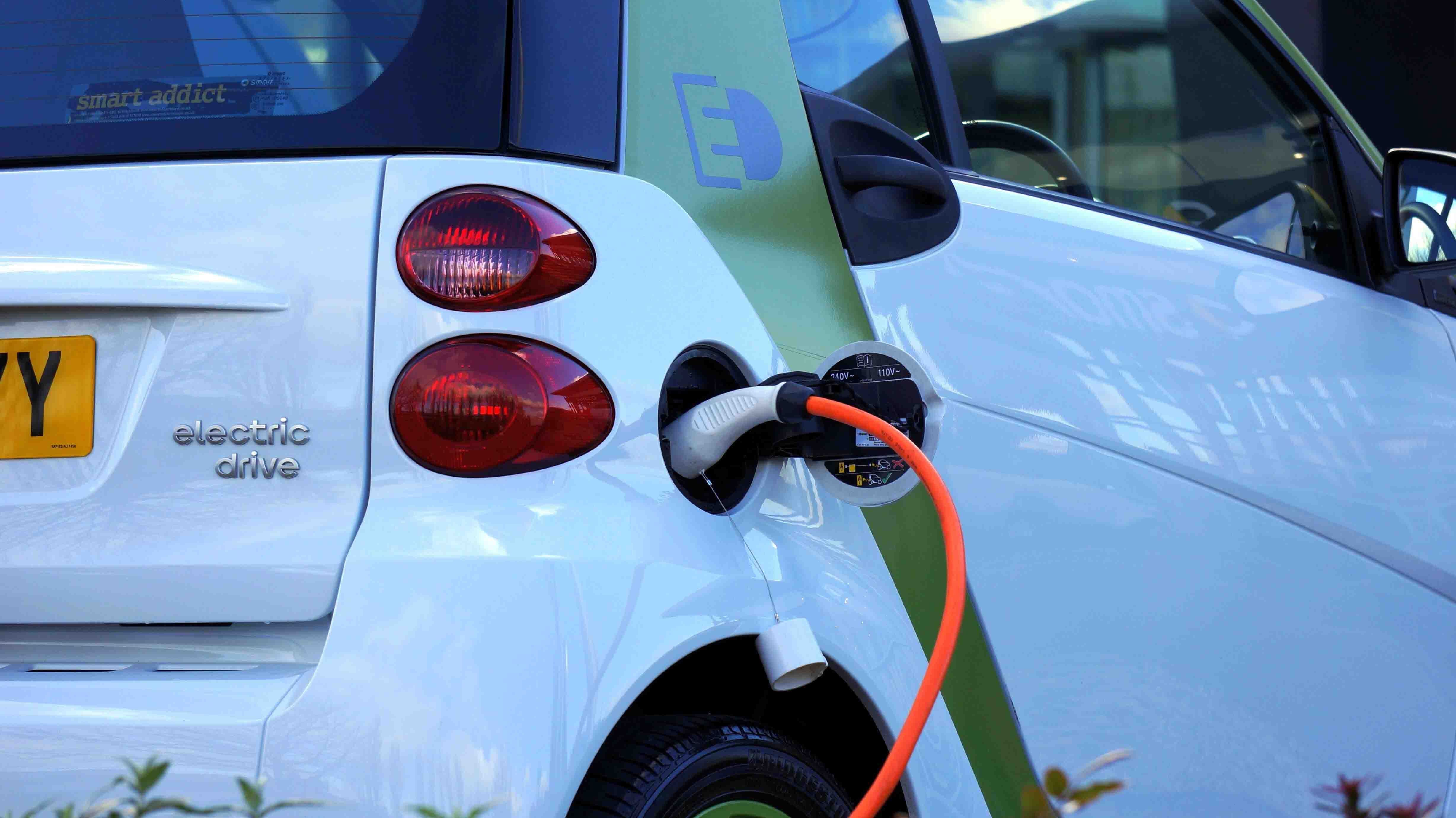Detroit (Gasgoo)- On April 7 (local time), the "Dive into the Chinese Auto Market and Supply Chain" seminar, co-hosted by Gasgoo and Caresoft, concluded successfully in Detroit, USA.
With Chinese new energy vehicles (NEVs) now accounting for 80% of the global NEV market, China has become an undisputed growth engine for the global auto industry. Backed by deep technological expertise and a resilient supply chain, Chinese automakers such as BYD and Geely have broken into the global top 10 rankings by sales, underscoring their growing international presence. Against this backdrop, the seminar offered in-depth discussions on the evolution of China's automotive market and supply chain landscape.
Welcome Address
In his opening remarks, Dr. Jun Xin, Gasgoo Think Tank Strategy Advisor and former SAIC & Chery PT VP, welcomed the attendees and emphasized China's rise as a global innovation hub in the automotive sector. He noted that Chinese companies are leading in areas such as battery technology, ADAS systems, and smart cockpit development. A virtuous cycle of technological breakthroughs, market validation, and rapid iteration has taken shape. For example, data from Gasgoo Auto Research Institute shows that by 2024, nearly half of China's passenger vehicles had featured L2/L2+/L2++ advanced driver-assistance systems. End-to-end autonomous driving models, represented by VLA architecture, are becoming mainstream.
In an era of sweeping transformation in the global auto industry, Dr. Xin stressed the growing importance of industry insights to guide innovation and strategic decision-making. He highlighted that this seminar marks Gasgoo's first official event in the U.S., aiming to help overseas companies better understand the tempo and trajectory of China's auto industry and foster deeper global integration.
Caresoft Global CEO Mr. Mathew Vachaparampil also delivered remarks, expressing his pleasure at collaborating with Gasgoo in Detroit—America's automotive heartland—to examine China's automotive trajectory. He pointed out that within just a few years, China's auto industry has risen rapidly thanks to its innovation in NEVs, especially in battery technology and intelligent connectivity. China has consistently led the world in NEV production and sales, while exports have surged dramatically, securing footholds in markets such as Europe and Southeast Asia. Real-world applications of autonomous driving are expanding, and a robust vehicle-network ecosystem is taking shape—injecting new momentum and intelligence into the global industry's transformation.
Research on Chinese Automakers' R&D Practices in New Energy Vehicles
Dr. Perry Gu, Chief Scientist of Geely Innovation Center at Geely Holding Group, shared insights into the competitive edge Chinese automakers have developed in NEV development. These strengths span several areas: technological breakthroughs in battery systems, intelligent solutions, and lightweight design; advanced manufacturing methods such as intelligent and flexible production; and supply chain strategies including vertical integration, localized production, and digital operations. In addition, favorable market conditions and policy support have significantly fueled industry growth and bolstered China's global competitiveness. However, Dr. Gu acknowledged that challenges remain, such as gaps in core technologies, mismatches in talent structure, and resource constraints. He emphasized that Geely's goal this year is to deliver an intelligent mobility experience that exceeds customer expectations and to position itself as a globally respected, technology-driven automotive leader from China.
Localization and Strategic Insights in China's Automotive Supply Chain
Mr. Frank Hui, VIP Senior Director of SESO Technology ("SESO"), noted that automakers and suppliers are actively seeking ways to mitigate the impact of steep tariffs. In response to these challenges, SESO has acted swiftly, focusing on three key areas: understanding local policies through thorough risk and impact assessments, breaking away from legacy mindsets to innovate in products and services, and fostering cross-border collaboration across the supply chain. These efforts, he said, are helping companies better adapt to shifting global market demands.
China's Automotive Industry Trends: The Speed-Cost Equation
Caresoft Global CTO Mr. Yang Jifeng identified three major trends shaping China's automotive sector. First, Chinese OEMs are leveraging strong control over battery supply chains and benefiting from robust government support, which gives them a competitive edge in electric vehicle (EV) cost efficiency, production scale, and innovation speed. Second, the rise of software-defined vehicles is driving the development of proprietary operating systems, middleware, and domain controllers—enabling faster development cycles and more customized user experiences. Third, artificial intelligence is becoming deeply embedded in the industry, from LLM-based voice assistants (such as the launch of DeepSeek in 2025) to perception AI in autonomous driving systems.
Mr. Yang also cautioned that despite these advancements, the Chinese auto industry is navigating a period of profound transition. While innovation and investment opportunities abound, challenges such as domestic overcapacity, low profitability, and high international tariffs continue to pose significant hurdles.
Chinese Auto Market, Supply Chain Trends
China remains a global frontrunner in electrification, autonomous driving, and smart cockpit technologies.
In electrification, automakers are redefining the core areas of battery design, intelligent driving systems, and chassis technologies. Key breakthroughs include high energy density, rapid charging, improved safety, and lower costs—cornerstones for scaling EV adoption. Integrated VCU, BMS, and XCU solutions have become the norm in powertrains, while 800V high-voltage platforms are gaining market traction, delivering faster charging and longer range.
In the realm of autonomous driving, 2024 was expected to see significant growth in L2 ADAS among vehicles priced below RMB 150,000. Supercomputing capabilities are now seen as an entry-level benchmark for market competitiveness, and China's ADAS supply chain continues to underpin the rapid rollout of intelligent driving features. Meanwhile, the intelligent cockpit space is evolving through innovations like large, multi-screen displays and immersive, multi-sensory user experiences. The integration of vehicles with home and lifestyle ecosystems is viewed as a crucial next step in the development of future smart EVs.
Mr. Richard Wang, VP of Gasgoo Auto Research Institute, suggested that the Chinese market is on track to produce tech ecosystems akin to the "Microsoft + Intel" or "Android + Qualcomm" models, with its supply chain innovations poised to set new global standards.
Following the seminar, attendees visited Caresoft's technology center to explore its cutting-edge solutions in intelligent vehicle development.
With the seminar now concluded, participants gained not only a deeper understanding of China's automotive market and supply chain evolution, but also valuable opportunities for global collaboration. Gasgoo and Caresoft plan to continue working together to explore the future of automotive innovation, driving the industry toward a smarter, more sustainable future.



